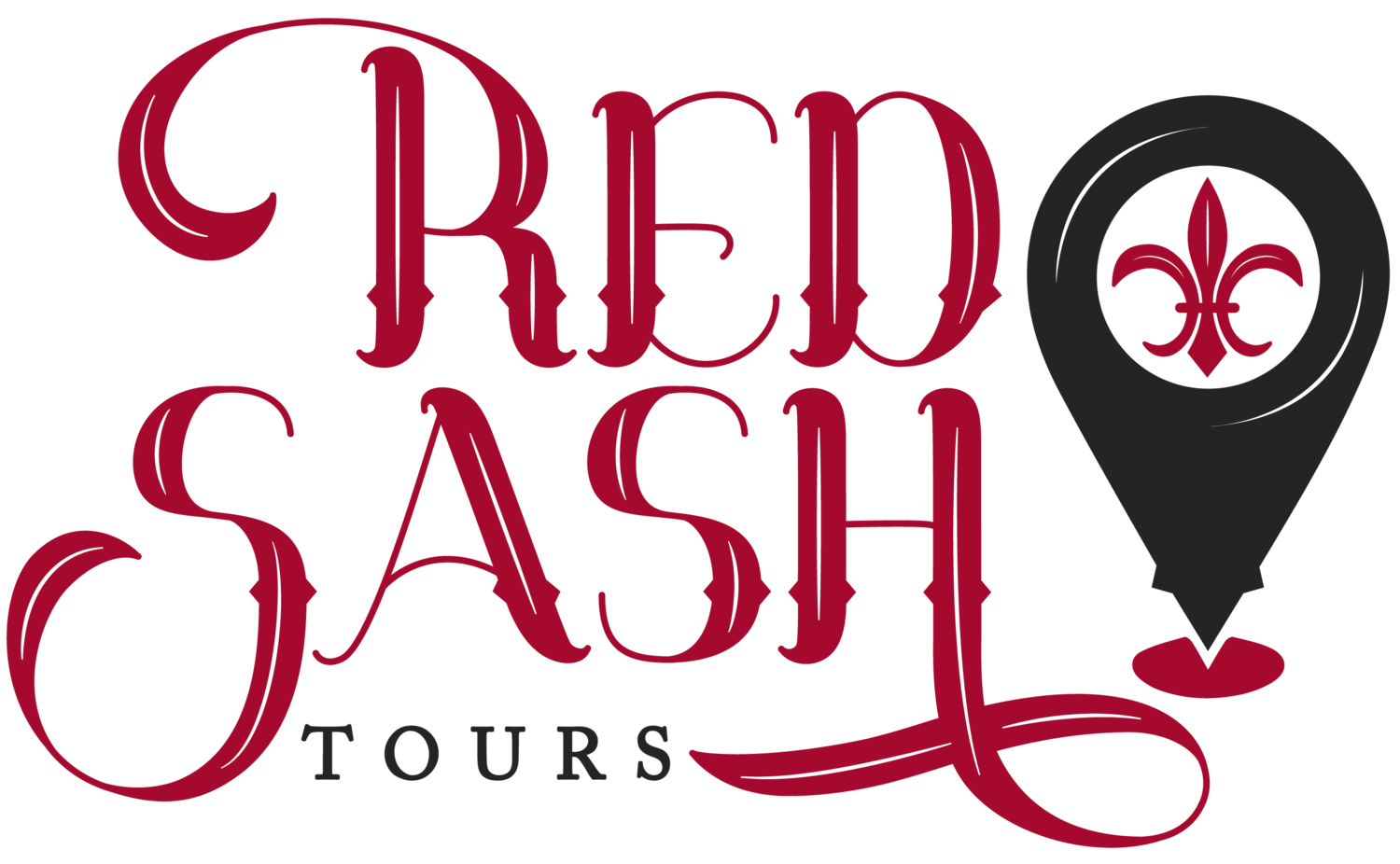How Many People are Buried in a New Orleans Tomb?
Hopefully, all of them! But seriously, multiple people are buried in New Orleans' wall vaults, family tombs, and mausoleums. They all follow the same basic procedure, which allows for the maximum in togetherness.
First, the closure tablet on the front of the tomb is removed. Then the brick and mortar behind the tablet are cleaned out, revealing the space within. Some tombs have multiple shelves. Any remains of a casket or a coffin are removed and discarded. In earlier days, the remains were simply pushed to the back where they fell into the caveau (the lower section or “pit” of the tomb) to mingle for eternity with the other remains. Today, any human remains are placed in a bag, tagged and placed into the caveau. The casket (or urn/receptable) is placed into the tomb and the opening is resealed and the closure tablet reinstalled. Traditionally, another burial cannot take place in that vault for a year and a day (another blog post on that to come).
Voodoo Priestess Marie Laveau’s tomb in St. Louis Cemetery #1. Photo taken July, 2021
In 2016, scholar Carolyn Morrow Long catalogued eighty-four people in Marie Laveau’s tomb in St. Louis Cemetery #1! Among them are relatives, enslaved people owned by Laveau and her partner Christophe Glapion, friends, and neighbors. They are people of all ages, races, genders, and ethnicities. It serves as the perfect reminder that it's important to be respectful of all tombs – you never know who (or how many) are buried in them!
Further Reading: The Tomb of Marie Laveau by Carolyn Morrow Long
The Magic of Marie Laveau by Denise Alvarado
A New Orleans Voudou Priestess by Carolyn Morrow Long
Stories from the St. Louis Cemeteries of New Orleans by Sally Asher

